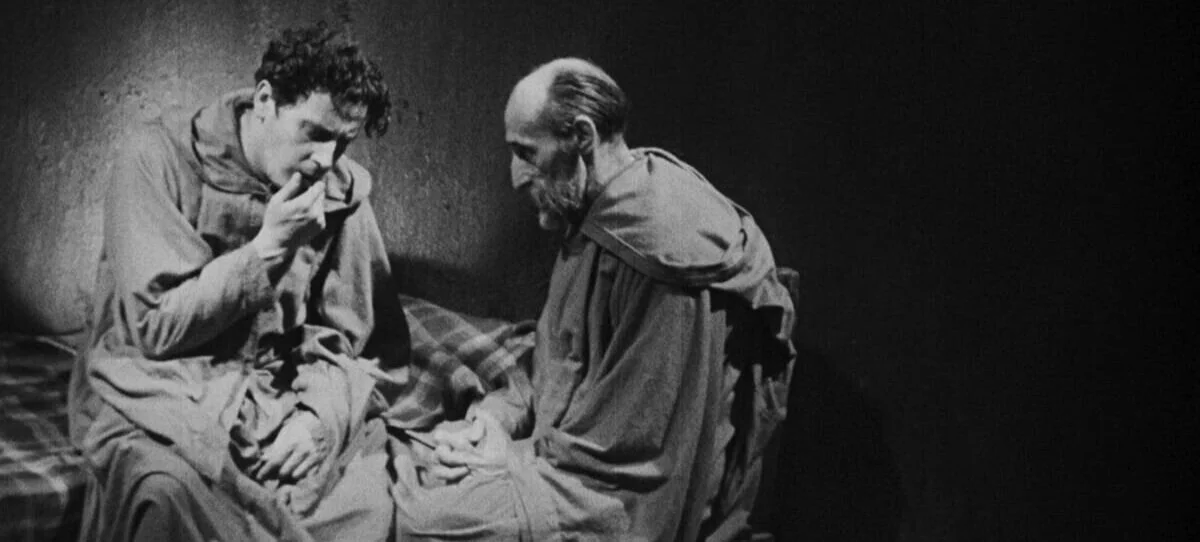The Criterion Collection has announced the release of three classic Latin American films as part of its September lineup: the Mexican film Dos monjes (1934) by Juan Bustillo Oro, the Cuban film Lucía (1968) by Humberto Solás, and the Brazilian film Pixote (1980) by Héctor Babenco. The three titles will be part of the third edition of Martin Scorsese’s World Cinema Project along with the Indonesian film After the Curfew, the Iranian film Downpour, and the Mauritanian film Soleil Ô.
Made in the early days of Mexican sound cinema, Dos monjes is a vividly stylized melodrama that hinges on an audacious, ahead-of-its-time flashback structure. When the ailing monk Javier recognizes a brother newly arrived at his cloister, he inexplicably becomes deranged and attacks him. What causes his madness? Director Bustillo Oro recounts the two men’s shared past—a tragic rivalry over the love of a woman—twice, once from the point of view of each, heightening the contrasts between their accounts with visual flourishes drawn from the language of German expressionism. With its gothic sets, elaborate lighting, and daring camera work by avant-garde photographer Agustín Jiménez, Dos monjes is a broodingly intense outlier in Mexican cinema, plumbing the depths of psychological torment and existential mystery with experimental verve.
A breathtaking vision of Cuban revolutionary history wrought with white-hot intensity by Solás, this operatic epic tells the story of a changing country through the eyes of three women, each named Lucía. In 1895, she is a tragic noblewoman who inadvertently betrays her country for love during the war of independence. In 1932, she is the daughter of a bourgeois family drawn into the workers’ uprising against the dictatorship of Gerardo Machado. And in the postrevolutionary 1960s, she is a newlywed farm girl fighting against patriarchal oppression. A formally dazzling landmark of postcolonial cinema, Lucía is both a senses-stunning visual experience and a fiercely feminist portrait of a society journeying toward liberation.
With its bracing blend of harsh realism and aching humanity, Babenco offers an electrifying look at lost youth fighting to survive on the bottom rung of Brazilian society that helped put the country’s cinema on the international map. Shot with documentary-like immediacy on the streets of São Paulo and Rio de Janeiro, Pixote follows the eponymous preteen runaway (the heartbreaking Fernando Ramos da Silva) as he escapes a nightmarish juvenile detention center, only to descend into a life of increasingly violent crime even as he finds himself part of a makeshift family of fellow outcasts. Balancing its shocking brutality with moments of disarming tenderness, this stunning journey through Brazil’s underworld is an unforgettable cry from the lower depths that has influenced multiple generations of American filmmakers, including Spike Lee, Harmony Korine, and the Safdie brothers.
The Criterion Collection is an American home video distribution company dedicated to publishing important classic and contemporary films from around the world in editions that offer the highest technical quality and award-winning, original supplements.







